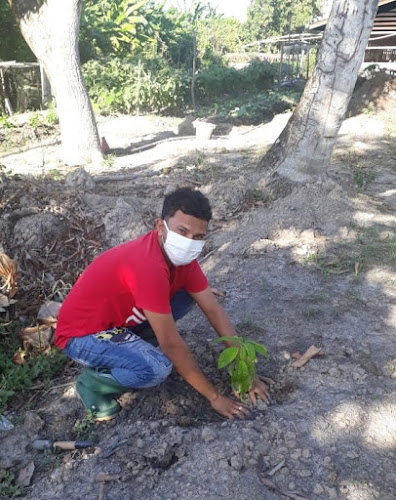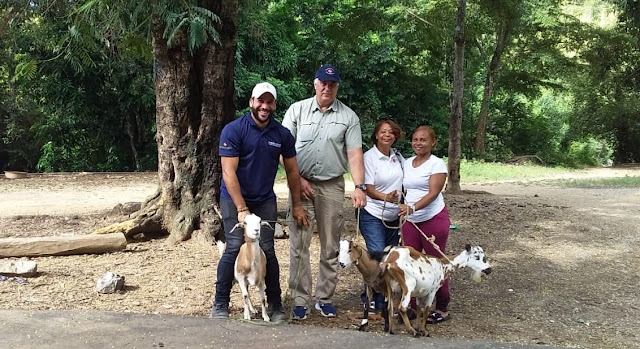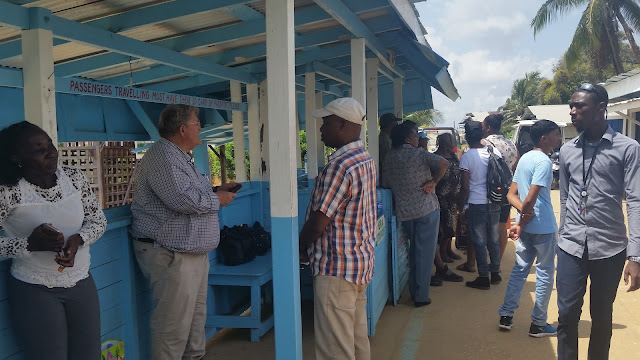Container Vegetable Gardening: The Taijbally’s response to COVID-19 and Better Health

Since the World Health Organization declared the COVID-19 virus a pandemic in early March, Guyanese of all ages have been asked to stay home as much as possible and to socially distance themselves from others. One of the recommendations is to avoid being in groups of more than 20 people. The purpose of the “self-quarantine,” even for healthy people, is to slow the spread of the virus, which threatens to overwhelm the hospital system. It was not very difficult for the Taijbally family to adapt to this new norm as the family hails from the farming community of Johanna Cecelia on the Essequibo Coast of Region 2. Mr. Ramsingh Taijbally motivated his wife Shivanie, his two daughters Arvinie and Divya, his mother Bhagmattie and a very ambitious young nephew Ricky to embark on a container vegetable gardening initiative. Farming isn’t something new to the Taijballys since they have been involved in this for generations. However, to reduce the amount of times they would have had to leave thei...




